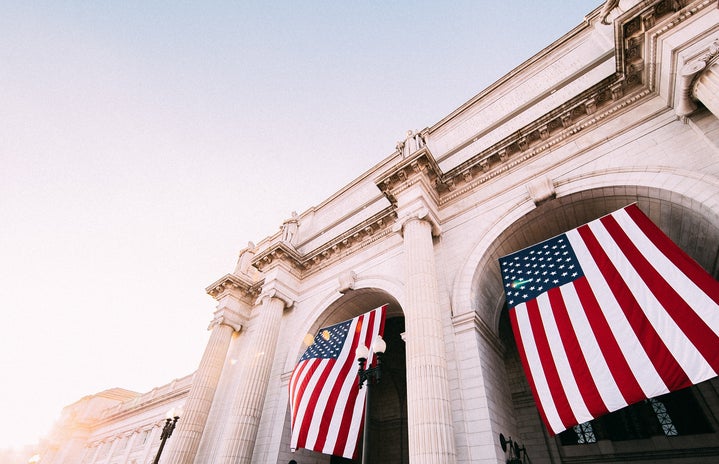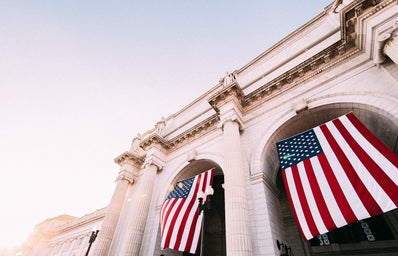Home to over 70 museums, Washington, D.C. embraces a culture of learning through exhibitions, artifacts and storytelling. Sam Eskenazi, however, identified a vacancy amidst the buildings that feature everything from Renaissance art to dinosaur fossils: the story of immigration.
Eskenazi is the director of the Coalition for the National Museum of the American People (NMAP), a proposed museum that will tell the story of “peoples assembling from every corner of our globe to become a people and to build a nation that leads the world economically, militarily, scientifically and culturally,” according to the NMAP website.
In collaboration with American University’s School of Communication, Eskenazi joined a panel on Thursday to participate in an educational conversation exploring how immigration impacted the American landscape and why such a museum is necessary.
Part of the museum’s mission is to educate visitors about their own total identity. “If you’re not 100% Native American… you are a descendant of immigrants or slaves,” said panelist Ernesto Castañeda, the founding director of American University’s Immigration Lab.
To achieve that goal, the NMAP will be designed as a path through four chapters: The First Peoples Come, The Nation Takes Form, The Great In-Gathering and And Still They Come. As visitors progress through the chronological path, the narrative will unfold to create a comprehensive understanding of the development of today’s American people.
It will begin with the migration of the earliest European explorers and continue through to the story of present-day immigrants, including refugees, asylum seekers and migrant workers. Visitors will have a choice about the depth at which they absorb the story, with large, middle and small summaries available.
Eskenazi, who worked at the Holocaust Memorial Museum for eight years, strives to mimic its storytelling structure in the NMAP. Developers of the Holocaust museum worked with a documentary filmmaker to achieve a strong narrative, as opposed to creating an artifact-based museum. For visitors of the NMAP, Eskenazi hopes it will be like “walking through a dramatic documentary film of that history.”
According to panelist John Reid, founder and editor-in-chief of PW Perspective, there are victorious aspects of immigration, but the history is complex. While celebrating the contributions of immigrants to American society, the museum will also acknowledge challenges and human rights abuses along the way, including the extinction of Native lands, the horrors of the African slave trade and a negative history of racial selectivity.
One goal of the NMAP would be to emphasize the countless contributions and benefits of immigration to American society, including a more productive workforce and greater GDP.
Immigrants helped America grow from a “farming agriculture industry to an urban industrial industry,” said Reid. “We would not be able to have this successful infrastructure or some of the industries that we have today [without immigrants].”
Panelist Lauren Strauss, history professor at American University, calls for the celebration of immigrants’ contribution to popular culture. Immigrants sit at the forefront of the history of Broadway, fine arts, literature, theater, music and comedy, according to Strauss.
According to Eskenazi, four major documents are currently circulating and soon will be sent to President Biden asking for a Presidential Commission to study the establishment of the museum. The documents include the Declaration of E Pluribus Unum, on which they expect to have hundreds of signatures from ethnic nationality and minority group leaders, a letter signed by scholars who focus on the study of immigration, a letter from immigration and refugee organizations and a letter expressing bipartisan support from members of Congress.
The coalition hopes these letters will reach the hands of the president this spring.


